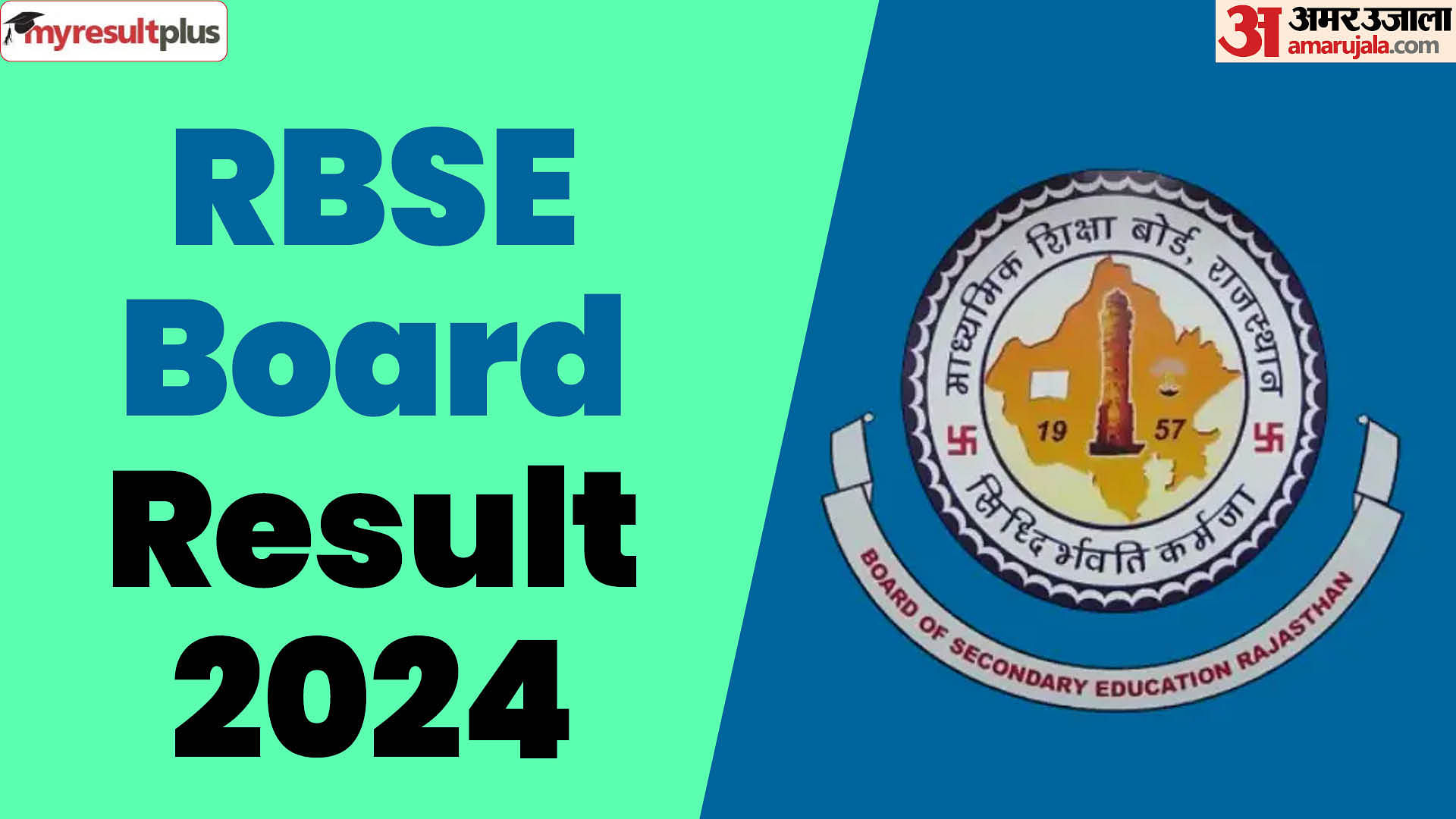
Choosing the Best Optional Subject for UPSC
- PC : MRP Graphics
Optional Subject for UPSC: Selecting the right optional subject for the UPSC (Union Public Service Commission) exam is crucial for aspiring candidates aiming to crack the Civil Services Examination. The choice of optional subjects plays a significant role in determining the final score and rank out of the total nine papers in the UPSC CSE.
Choosing the Best Optional Subject for UPSC
Currently, there are 47 optional subjects to choose from, including technical and non-technical disciplines, as well as literature in various languages. The optional papers carry a total of 500 marks out of the 2025 marks in the UPSC Mains exam.
Choosing Optional Subject: Factors to Consider
Well-selected optional subjects not only boost scores but also provide an opportunity to showcase expertise in specific areas, which can contribute to a successful career in the civil service.
Here are some important factors to consider when choosing an optional subject:
- Consider overlapping syllabuses and preparation times: Some optional subjects have syllabuses that overlap with the general studies (GS) syllabus. Opting for such subjects can save preparation time.
- Evaluate the length of the syllabus: It is advisable to choose an optional subject with a manageable syllabus, considering the already demanding nature of the general studies papers and essay papers.
- Consider competition level and comprehensibility: Choose a subject that the candidate is comfortable with and can comprehend well, regardless of the success ratios of previous candidates.
- Assess the availability of resources: Evaluate the availability and accessibility of resources for the chosen subject, including educators, study materials, and relevant books.
- Consider familiarity and interest in the subject: Familiarity with a subject or personal interest can provide advantages in understanding and retaining information.
- Additional factors to consider: Include relevance to the civil service job role, popularity among high rankers, scoring potential, and personal comfortability.
There is no one-size-fits-all answer to the best optional subject for UPSC. Technical subjects like mathematics can be highly scored due to the objectivity of the answers. Non-technical subjects, especially those that overlap with the general studies syllabus, require more preparation time and reading material.
Before finalising an optional subject, candidates should carefully assess the syllabus, preparation time, prior knowledge, overlap with General Studies, availability of study materials and coaching, and personal drive and interest in the subject.
Considering these factors will help candidates make an informed decision and choose the best optional subject for their UPSC exam.
(Written By: Avantika Rana)






